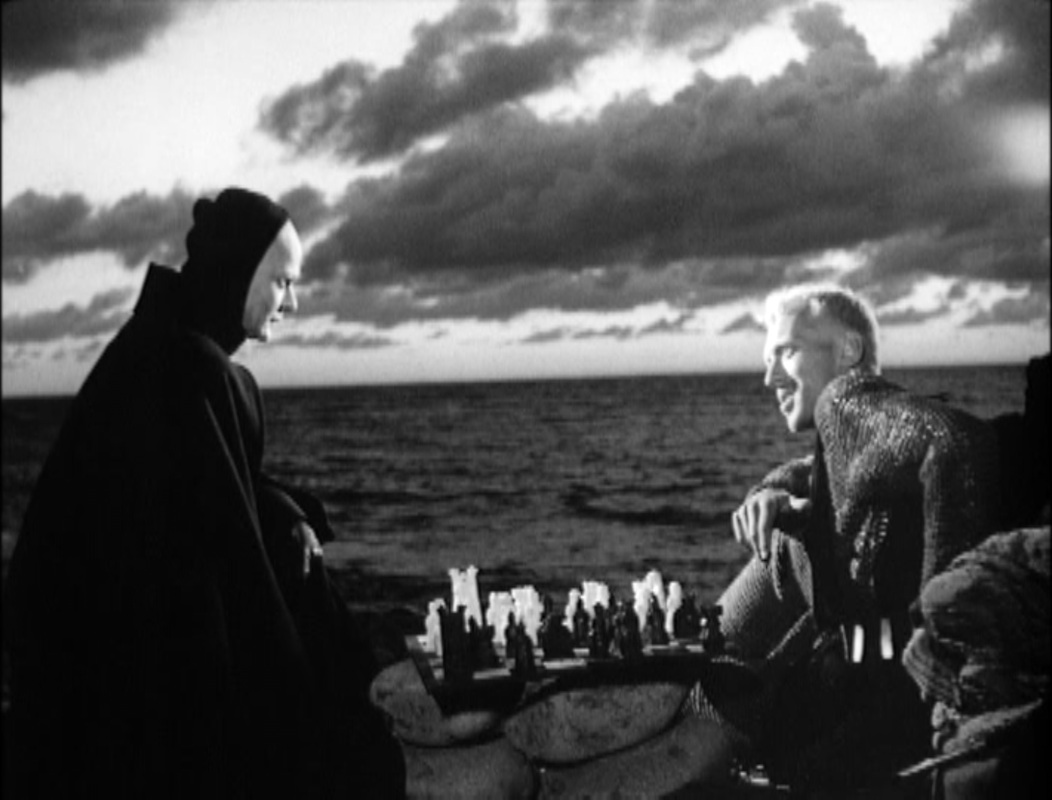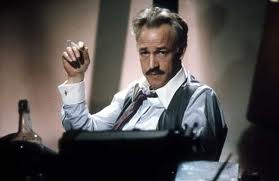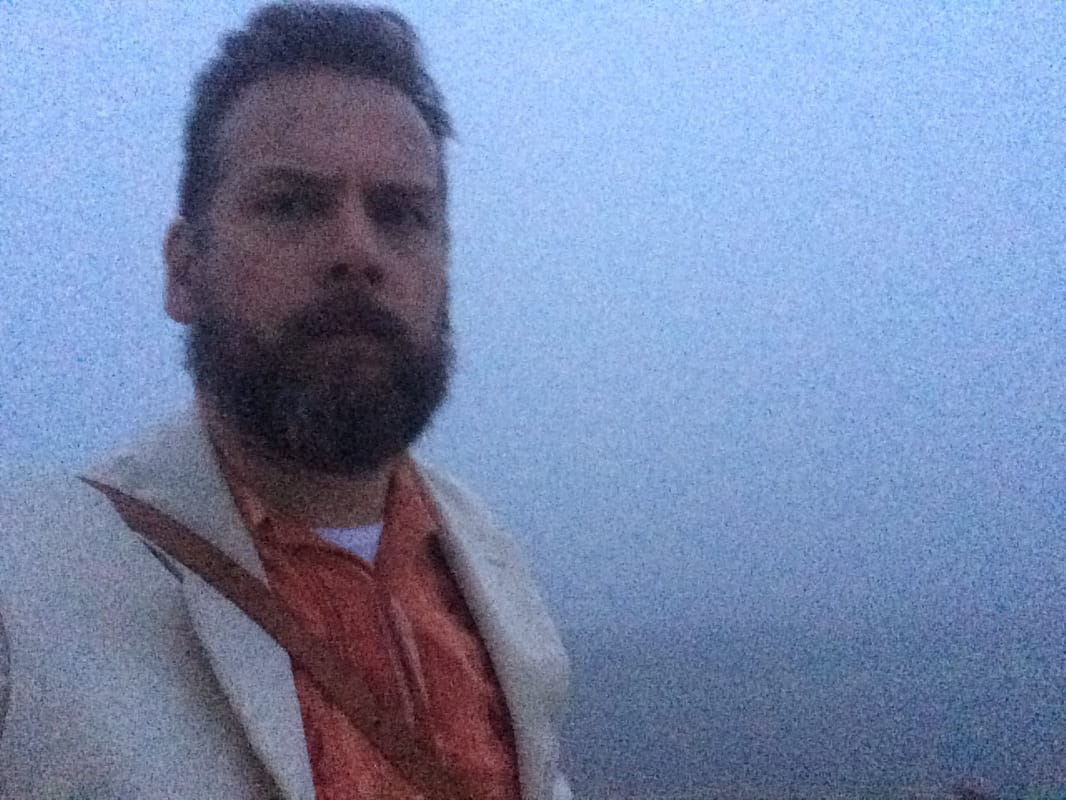|
My habitual fear of death has recently turned into something like terror. In common with many young people, I've often luxuriated in the thought of death, maybe catching a terminal disease and looking like Joseph Gordon-Levitt in 50/50, or acting a bit odd like Burt Reynolds in The End. It's a Hamlet thing, where you give some existential heft to a banal proclivity to mope. But as I get older, it's no longer so funny. And I could do with stopping thinking about it, but how do you break the habit of a lifetime?
Of course, this is something to do with proximity. A number of people I grew up with have died. Not many, but some. And the upper tier of my relatives, the people who were always old, from the day I was born, they're all gone. Except for the frighteningly old. It's like we're at a long queue at a fun park, the kind that has little signs that say '20 mins from here', '1 hour from here' and we're all shuffling forward. And people leave the queue early and we all move up a bit. In films everyone is dead. There was a time you'd watch a film and most of the people would be alive: Marlon Brando, Richard Burton and Heath Ledger. But now you can watch a film confident in the knowledge that you're watching dead people, watching them fall in love, sing, tap dance, play tennis, fight, joke, weep and pretend to die. The main players are dead, the love interest is dead, the crowd behind the main actors, they're all dead, even someone passing by who doesn't know they're in a film, they're gone too. The laughter on the comedy shows is also the laughter of dead people. I depress myself. I rub my chest. I try not to go up the stairs too quickly. I get depressed by trailers which advertise something coming soon, knowing that one day something else will be coming soon. Obviously I desperately pretend that I'll probably live forever, but the evidence for this belief is looking increasingly thin and cranky. I can only hope that at some point I'll get so bored of the fear, that the ultimate cure for it won't seem so terrible after all.
1 Comment
Writing has always been something I've done, ever since I tried to turn comic books into prose. I've gone through various stages and learnt a great deal in the process. However, now I feel I'm really at a place where I'm happy with what I am doing and this is mainly because I am so busy writing. This means that my blog and my website here hasn't been updated as much as it should have been, but that isn't very important. It is important to stop and take stock now and then and so if I look at how I've managed to get my material published on film sites, in new upcoming books and presented to the best editors in the business, then I really have no room for complaint. Except - and this is important - I'll never be Orson Welles. That image of youthful prodigy is gone. That's done. I won't be Zadie Smith or Jonathan Safran Foer. I won't be condescended to on chat shows, or given awards to the astonishment of my elders. I'm getting to the point where my elders are getting squeezed out.
As my fortieth year comes to an end and I approach my forty first my image of success has modified accordingly. In fact, my success - if it ever comes - will end up looking a lot more like failure, will include failure. I have resilience and stamina and people will perhaps wonder why I even kept to it. I can even envision the fact that any success at this stage will be unable to live up to my expectations. Is that it? Really? And even now the wise are shaking their heads and wondering, 'if you haven't made it by now, maybe...' You're absolutely right. There's always the chance that the hard work, the sacrifice, the bad back all lead to failure in the end. There are no guarantees. The latest Coen brothers film deals with exactly this dilemma, this fear. Llewyn Davis (Oscar Isaac) is a dislikeable, prickly, selfish folk singer, who dreams of success, but he's in the right place at the wrong time. He's literally one year too early. He deserves success; has worked hard and sacrificed everything to success; his music is great, but he won't succeed. Fate, the vagaries of taste and historical context play him a poor hand. The sympathy which they feel for their protagonist is akin to that they show for Barton Fink: there but for the grace of God go we. And out of Llewyn's Davis' failure they have one of the most successfully realised films of their career. |
AuthorJohn Bleasdale is a writer. His work has appeared in The Guardian, The Independent, Il Manifesto, as well as CineVue.Com and theStudioExec.com. He has also written a number of plays, screenplays and novels. Archives
March 2019
|


 RSS Feed
RSS Feed


